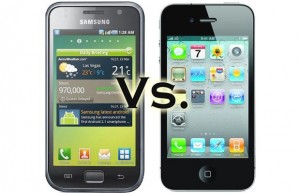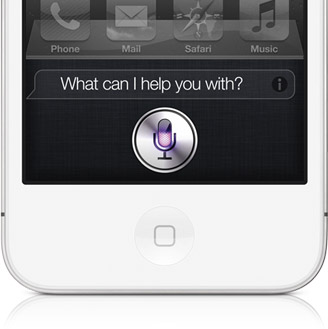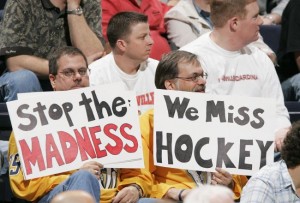Apple Vs. Samsung….. will it ever end?
The ongoing battle between Apple and Samsung does not seem to be reaching a close any time soon. Apple has recently voiced eight Samsung Phones that they would like too see banned. Right after their victory against Samsung they have given the judge a list of these eight phones which they want pulled from the store shelves in the US market. This list also included Samsung’s famous Galaxy model smartphones.
What calls too be questioned is the fact that all of this is really necessary. It is pretty obvious that Apple is getting scared of this competitor and the best way to deal with them is to sue them of all their technology and literally abolish the threat.
Personally, I think this request is rather silly. Shown in the pictures provided, Apple basically wants Samsung to get rid of every touch phone they have for sale which in my eyes doesn’t seem fair because of the newly brought upon consumer craze of touch phones Samsung will not be able to compete with Apple if they lose this key factor. I think Apple should honestly grow up because with every big company there needs to be a competitor that pushes their limits if there wasn’t consumers would be faced with the same model/style over and over again. Although it does make sense that they are worried, because of Samsung’s new found success, they should be researching ways to creatively innovate themselves rather then spending money on petty lawsuits.




 MichaelPhillips had complainedthat they were on the verge of changing the world with the new research they intended to do but because of the money spent on lawsuits that is no longer the case. The question becomes this, “has the marketplace for new ideas been corrupted by software patents used as destructive weapons?”. And the answer I believe for the most part. According to a Stanford University analysis, there has been over $20 billion dollars spent on patent ligation which is the equivalent to about eight Mars rover missions.
MichaelPhillips had complainedthat they were on the verge of changing the world with the new research they intended to do but because of the money spent on lawsuits that is no longer the case. The question becomes this, “has the marketplace for new ideas been corrupted by software patents used as destructive weapons?”. And the answer I believe for the most part. According to a Stanford University analysis, there has been over $20 billion dollars spent on patent ligation which is the equivalent to about eight Mars rover missions.
